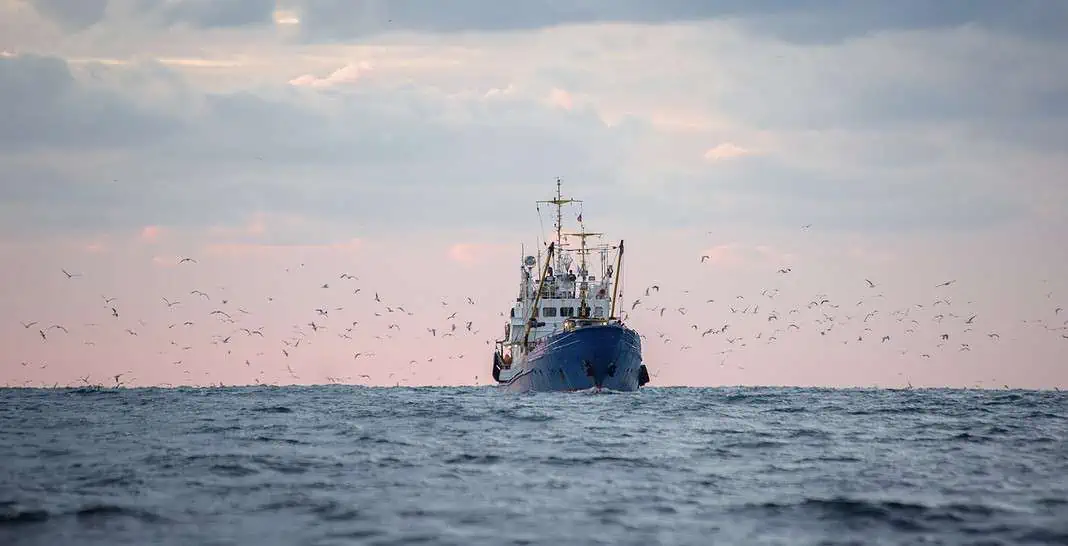A five-year research project has investigated how local fishing communities have changed their fishing habits in response to climate change.
The project aimed to create a “spatial sea map” showing how communities have changed their habits.
The map covers the behavior of 266 fishing communities, stretching across the US East Coast from Maine to North Carolina. The report and map was published in ICES Journal of Marine Science.
The report is the work of assistant professor of biological sciences at Wellesley College, Rebecca Seldon, who stated:
“These changes can challenge fishing communities that rely on marine resources. Many communities have diversified what they catch, or where they fish, to cope with changes in where fish are found. We need to understand what works in different locations. Fishermen are not adverse to adaptation. The challenges [with adaptation] tend to be associated with regulations and policies, not fishermen or fishing communities themselves. So many fishermen have an immense capacity for change, it’s often regulations that are the limiting factor. By creating a complete marine spatial map of the lower 48 states, we can help people make better decisions at the local, regional and international levels.”

